Summer Oil Tank Maintenance Guide
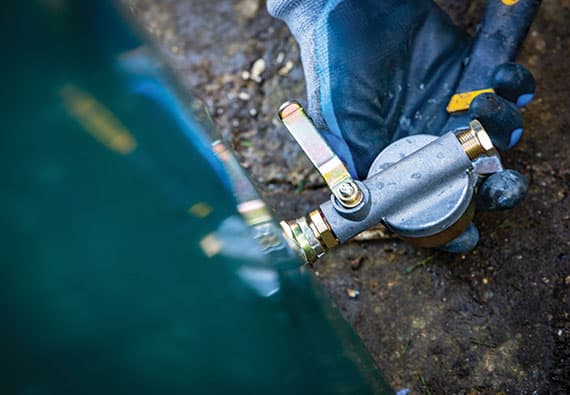
As the weather turns up and your heating cools down, it’s easy to forget about your oil tank. With a reduced need for heating, it simply gets tucked away until winter comes back around. However, it’ll still be susceptible to multiple summer-related issues without regular oil tank servicing.
Despite using less heating fuel, your oil tank is still operating throughout the warmer months – perhaps fuelling cooking appliances or kicking in during typical UK cold snaps. But imagine turning your heating on to find your fuel pipes are blocked or your oil is contaminated – it’s the last thing you need. To avoid this unnecessary stress and cost, there are some easy ways to keep on top of your tank.
Check Your Oil Tank
You should regularly check your oil tank throughout the year. This’ll help you spot any cracks, bulges, dents or early signs of a leak. During the summer months, you won’t be refilling your tank as much so you might not think to check it. But make the effort to take a look whenever you’re out in the garden enjoying the sunshine.
Top Up Your Heating Oil
If there’s too much space above the oil in your tank it creates an environment for moisture and bacteria to grow. This can infect your oil and create a sludge which blocks and damages your tank, fuel pipes and heating appliances. Summer fuel prices are often cheaper too, due to lower demands and the winter rush, so it’s a great time to top up!
Dry Up Moisture From Your Oil Tank
With lovely warm weather comes problematic humidity. This can cause moisture within your tank, resulting in condensation and sludge build-up. Again, this will contaminate your oil as well as potentially corrode the inside of your oil tank.
If you suspect water in your tank, our guide on how to prevent water from contaminating your oil tank can help.

Secure Your Seal Caps
Seal caps are designed to prevent air, water and debris from getting into your tank, especially after an oil delivery. If anything enters your tank, it can contaminate your oil, damage the interior and potentially block your fuel pipes. Check the caps’ condition and replace them if they’re cracked, loose or look a bit tired. It’ll be cheaper than replacing a full tank of oil or the tank itself.
Our article on the best location to store your oil tank can provide more information.
Peek At Your Pipe Fittings
Your fuel pipe fittings should be secure and in good condition all year round. These need to be regularly reviewed to spot any signs of leaks or sludge which can then be resolved. Healthy pipes will keep your tank and heating appliances functioning effectively; keeping costs down and extending their lifespan too.
Book Your Oil Tank For A Service
Along with regular maintenance checks, your domestic oil tank must be serviced annually by a qualified engineer. This ensures your tank is in good health and performing safely as well as spotting any potential issues early on. These oil tank services will provide you with peace of mind, minimise repairs and are essential for your insurance.
Get Your Oil Tank Summer-ready
To prepare your oil tank for the summer, contact our team and book an oil tank service early. This way you can rest assured your tank is in the best condition whilst you plan your summer fun.
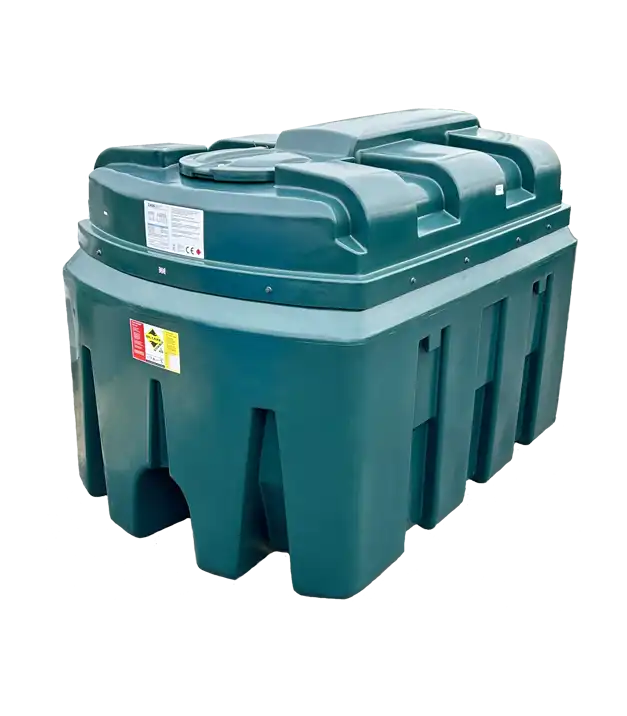
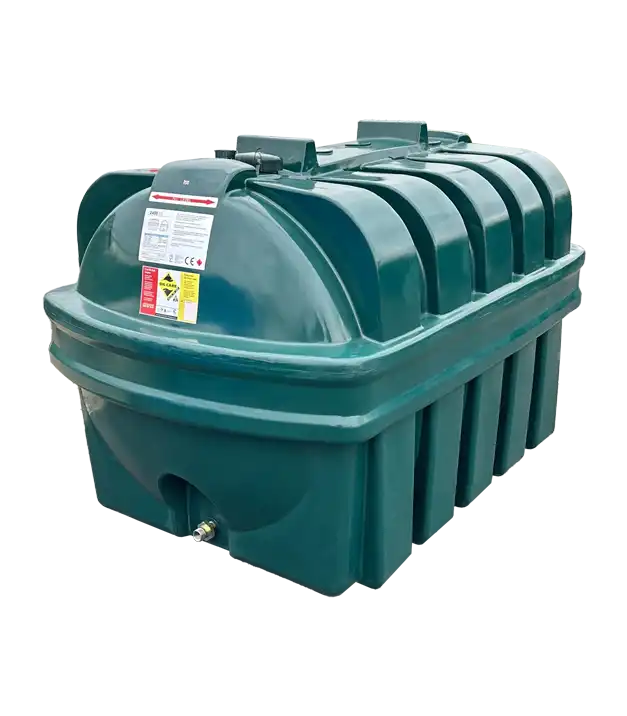

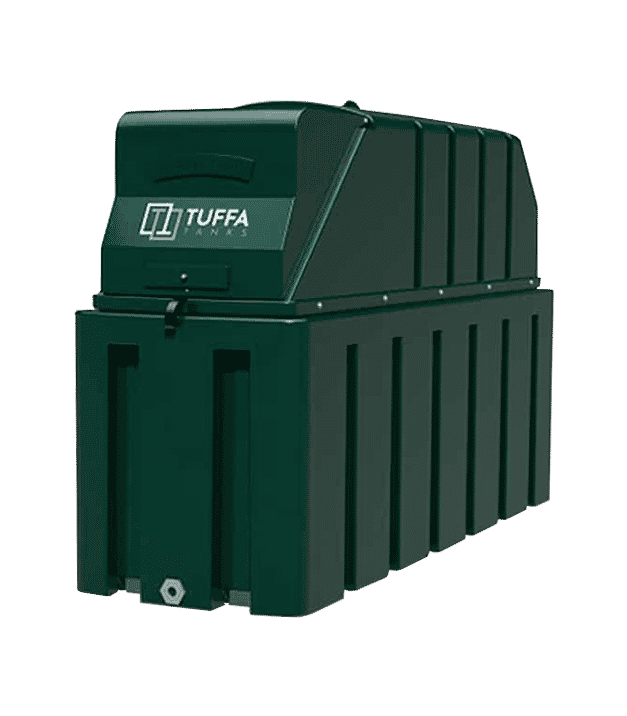
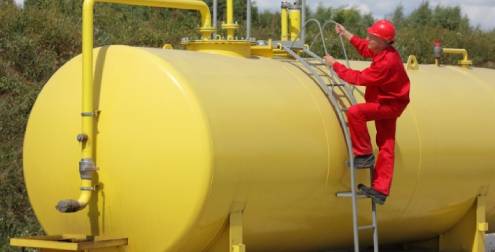
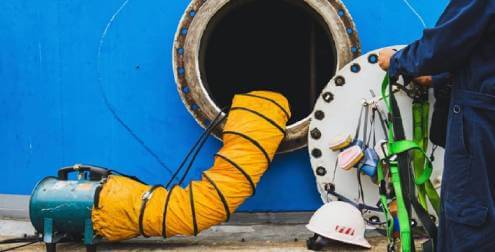
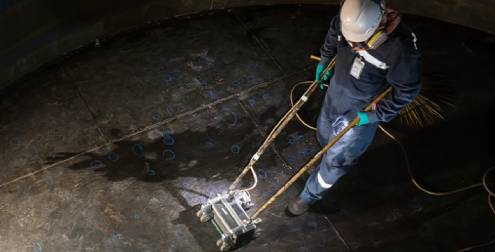
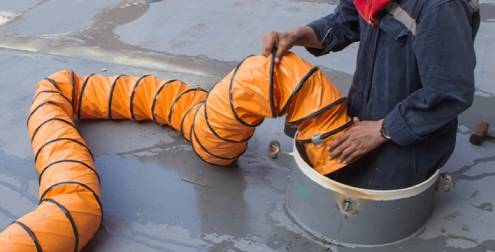
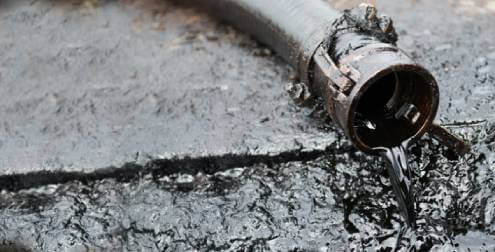
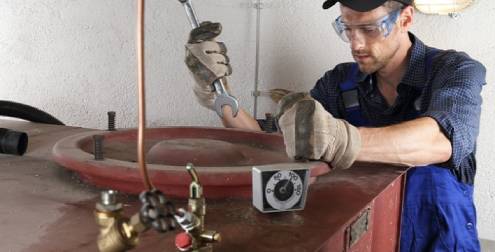

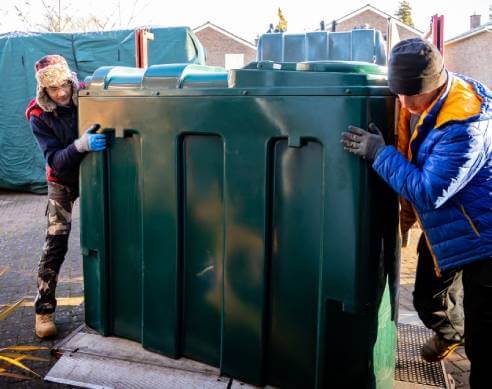
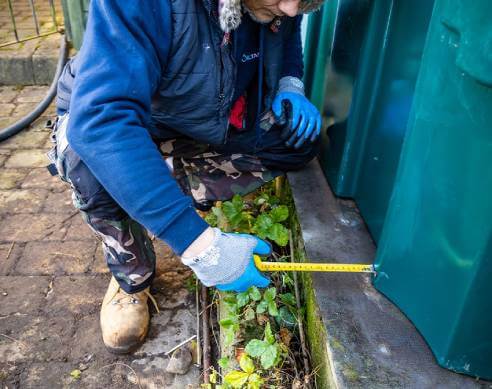


Share This: